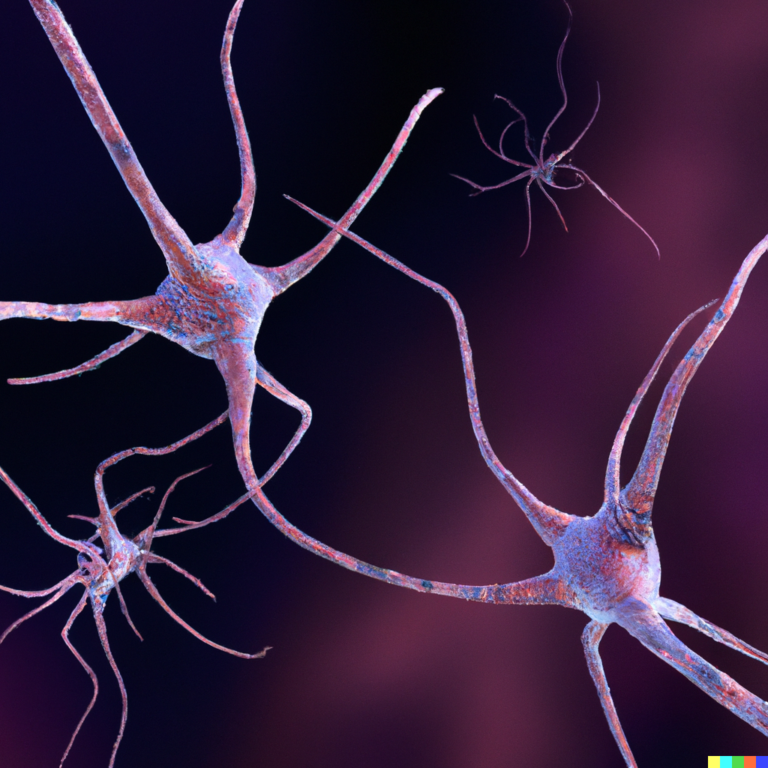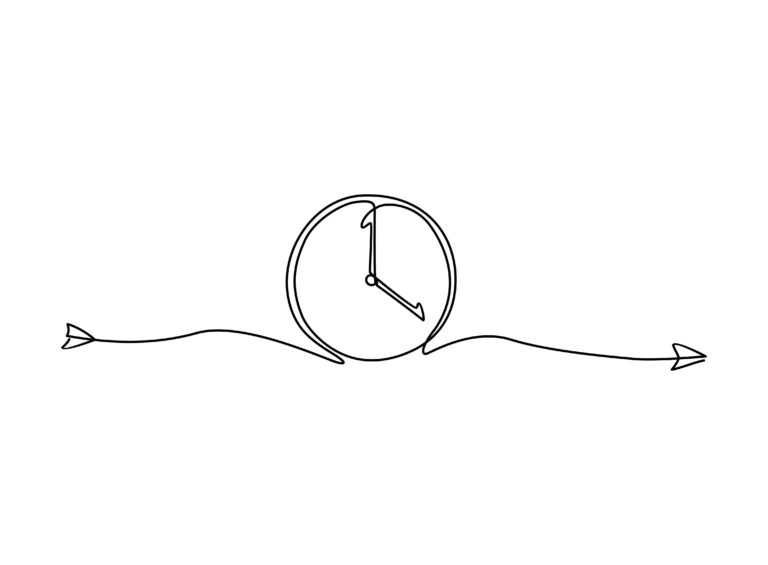The Role of Testosterone in Memory Preservation for Aging Males
As men age, maintaining cognitive function and preserving memory become increasingly important concerns. Recent research has shed light on the significant role that testosterone plays in brain health, particularly in memory preservation for aging males.
Testosterone is a hormone primarily associated with male characteristics, but its influence extends far beyond physical traits. In the brain, testosterone contributes to several critical processes that support cognitive function and memory[1].
One of the key ways testosterone affects brain health is through neuroprotection. This hormone helps reduce oxidative stress and combat inflammation in the brain, both of which are major contributors to neurodegenerative diseases[1]. By protecting neurons from damage, testosterone may help maintain cognitive function as men age.
Testosterone also enhances synaptic plasticity, which is the brain’s ability to form and reorganize connections between neurons[1]. This process is crucial for learning and forming new memories. With adequate testosterone levels, the brain can more effectively adapt to new information and experiences, potentially slowing age-related cognitive decline.
Research has shown a concerning link between low testosterone levels and an increased risk of Alzheimer’s disease, the most common form of dementia[1]. Men with lower testosterone levels have been found to have higher accumulations of amyloid-beta plaques in their brains. These plaques are a hallmark of Alzheimer’s disease and interfere with normal brain function[1].
Moreover, studies have revealed that men with lower testosterone levels are more likely to experience cognitive decline and develop conditions like dementia, including Alzheimer’s disease[1]. This suggests that maintaining healthy testosterone levels might play a crucial role in supporting brain health as men age.
The potential benefits of testosterone for memory preservation have led researchers to investigate testosterone replacement therapy (TRT) as a possible intervention. Some studies have shown promising results, with TRT demonstrating improvements in memory, executive function, and verbal fluency in men with low testosterone[1].
It’s important to note that testosterone is not the only factor influencing cognitive health in aging males. A holistic approach to brain health should include a balanced diet, regular exercise, quality sleep, and mental stimulation. However, for men with clinically low testosterone levels, addressing this hormonal imbalance through medical intervention may offer additional protection against cognitive decline[1].
While the relationship between testosterone and cognitive health is complex, current research underscores the importance of hormonal balance for long-term brain function. For aging males concerned about memory preservation, monitoring testosterone levels and discussing potential interventions with healthcare providers could be a proactive step towards maintaining cognitive health.
As research in this field continues to evolve, it’s becoming increasingly clear that testosterone plays a vital role in brain health for aging males. By understanding and addressing hormonal changes, men may have a better chance of preserving their memory and cognitive function as they age, potentially improving their overall quality of life in later years.





